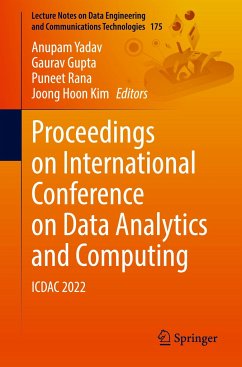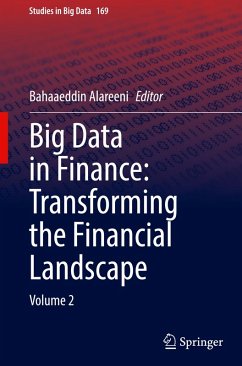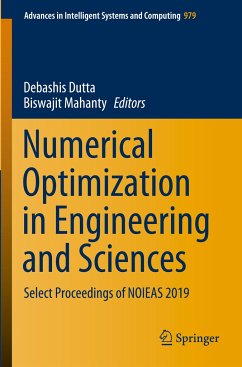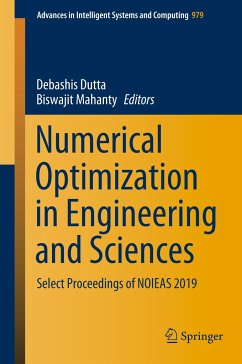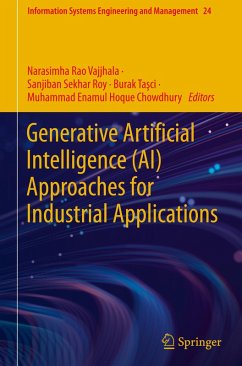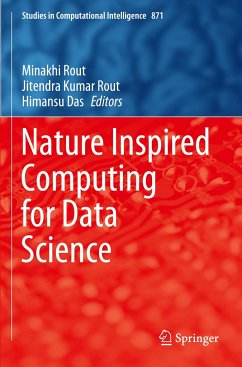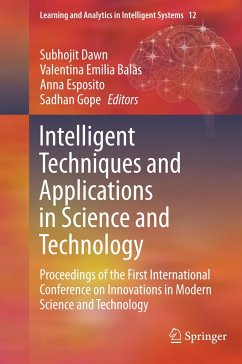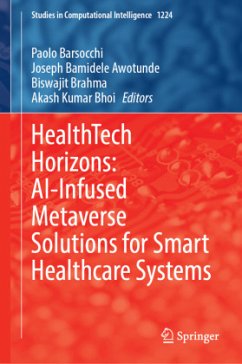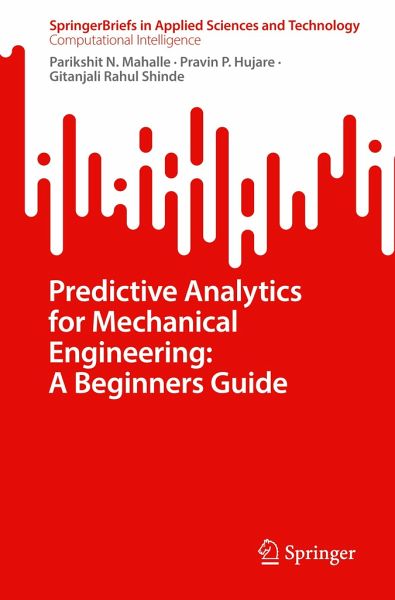
Predictive Analytics for Mechanical Engineering: A Beginners Guide

PAYBACK Punkte
17 °P sammeln!
This book focus on key component required for building predictive maintenance model. The current trend of Maintenance 4.0 leans towards the preventive mechanism enabled by predictive approach and condition-based smart maintenance. The intelligent decision support, earlier detection of spare part failure, fatigue detection is the main slices of intelligent and predictive maintenance system (PMS) leading towards Maintenance 4.0 This book presents prominent use cases of mechanical engineering using PMS along with the benefits. Basic understanding of data preparation is required for development of...
This book focus on key component required for building predictive maintenance model. The current trend of Maintenance 4.0 leans towards the preventive mechanism enabled by predictive approach and condition-based smart maintenance. The intelligent decision support, earlier detection of spare part failure, fatigue detection is the main slices of intelligent and predictive maintenance system (PMS) leading towards Maintenance 4.0 This book presents prominent use cases of mechanical engineering using PMS along with the benefits. Basic understanding of data preparation is required for development of any AI application; in view of this, the types of the data and data preparation processes, and tools are also presented in this book.



